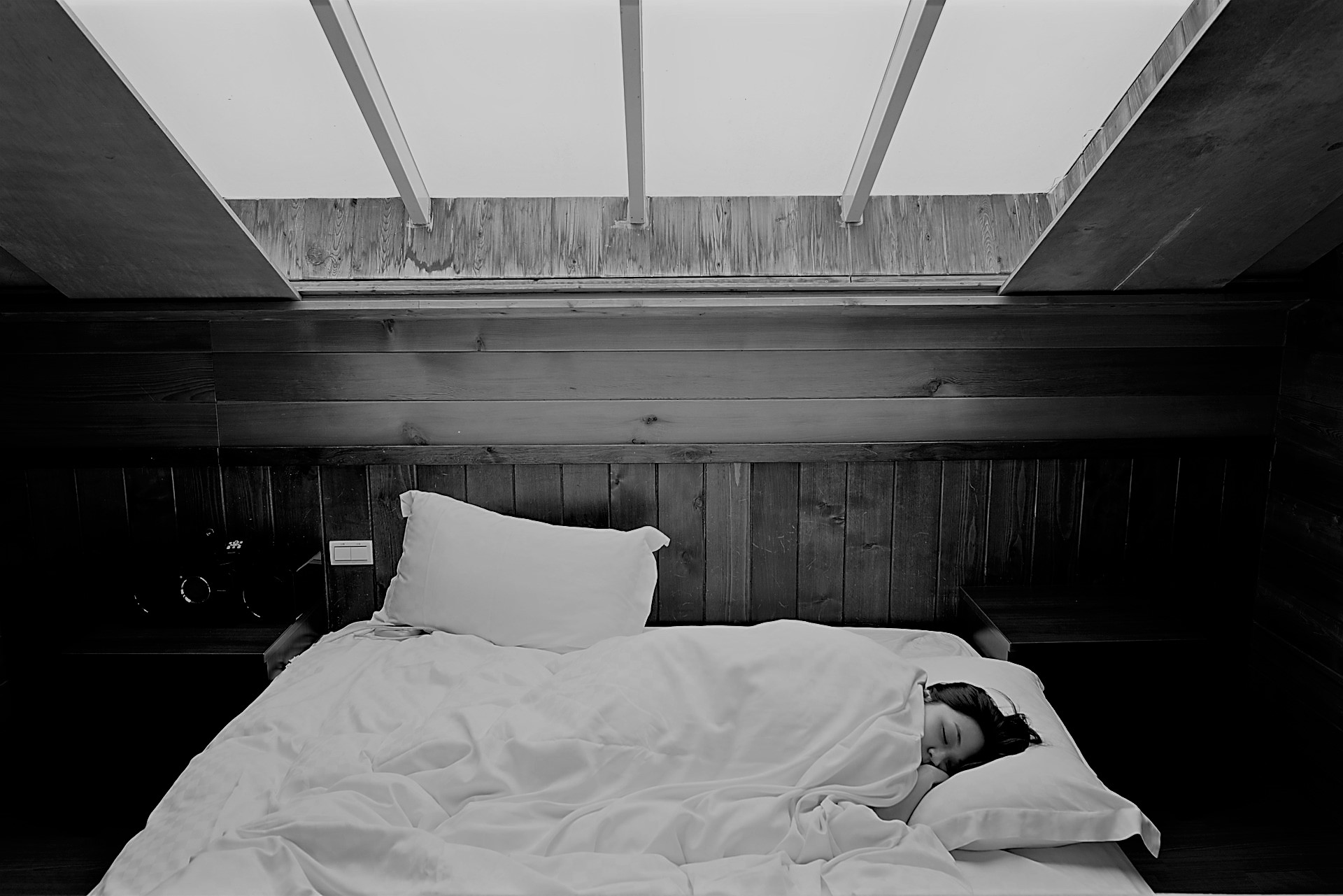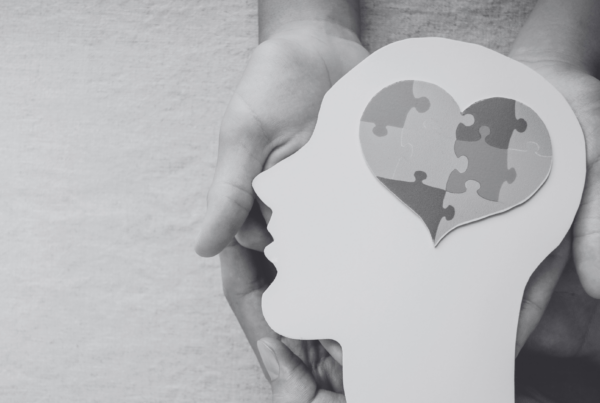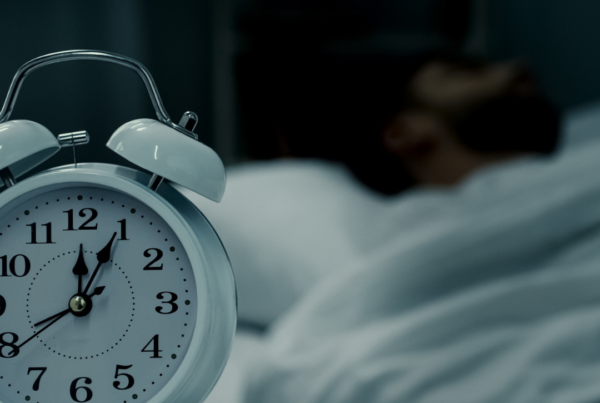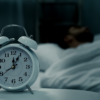Sleep is absolutely vital to our wellbeing in the short and long term. If you are spending all night tossing and turning, having vivid dreams or just finding getting to sleep difficult you might be pondering how improve your sleep.
If you have been using Wellspace you will know it isn’t just about duration of sleep but also the quality. You should also have a record of your sleep patterns too, which is really helpful in letting you see what is affecting your sleep.
There is already a lot of things you probably already know you should be doing, such as having the room dark and turning off your phone before bed.. so this guide gets back to the very basics with some practical tips on how to get a better night sleep.
The Basics Of A Good Night’s Sleep
Ok, maybe we are going to tell you to make your room dark, but it is so important! Our brains are hard wired to go to sleep when it is dark. It is one of the many ways we stayed alive when we were all living in caves.
Similarly, we are programmed to find it difficult to go to sleep if we are cold, uncomfortable, or at risk. Our brains and hormones are fine tuned to make us want to sleep, and in safe circumstances.
Make sure your bed and bedroom are clean, comfortable, and safe and keep your room is at a temperature that is cool but comfortable to you and is dark.
How to Prepare for A Good Night’s Sleep…During The Day
Believe it or not, how well you are going to sleep that night depends a lot on what you do during the day.
Without getting too scientific, your body relies on a circadian rhythm to get you to sleep when it is appropriate, and also wake when appropriate. Sleeping at night, awake in the day. Simple.
More Daylight
Making sure you get enough daylight is important because it keeps your circadian rhythms (yes, you have more than one!) functioning correctly. If you can’t get enough daylight naturally, you may want to invest in a daylight lamp.
Less Caffeine
Another way to prepare for bedtime is to ditch the caffeine. Caffeine block’s our sleep chemical called Adenosine, meaning we don’t feel sleepy. It also means our body doesn’t get rid of adenosine at night as it is dealing with the caffeine instead and hence we wake up with a lot of adeosine still in our bodies and feeling tired.
Don’t worry, you can still have your morning cup of coffee, but ideally stop drinking caffeine from lunch onwards to give the body time to metabolise it ahead of sleep. This might mean switching to decaffinated coffee or tea and also avoiding drinks such as Coke and energy drinks.
Needing A Nap…
Napping used to be considered a sign of laziness but it’s now been well proven that it can have a range of benefits, including imporoving our creativty and problem solving abilities. So what’s the problem?
When we nap we need to keep it short and sweet, otherwise it can begin to eat into our sleep chemical reserves meaning we have less for the night time when we need it to stay asleep.
Limit your nap time to around 20 minutes to prevent you entering a phase of deeper sleep, so that you don’t wake up with a feeling og grogginess and confusion also called sleep inertia. Napping isn’t a solution to a long term lack of sleep but it can support us in times when we are struggling.
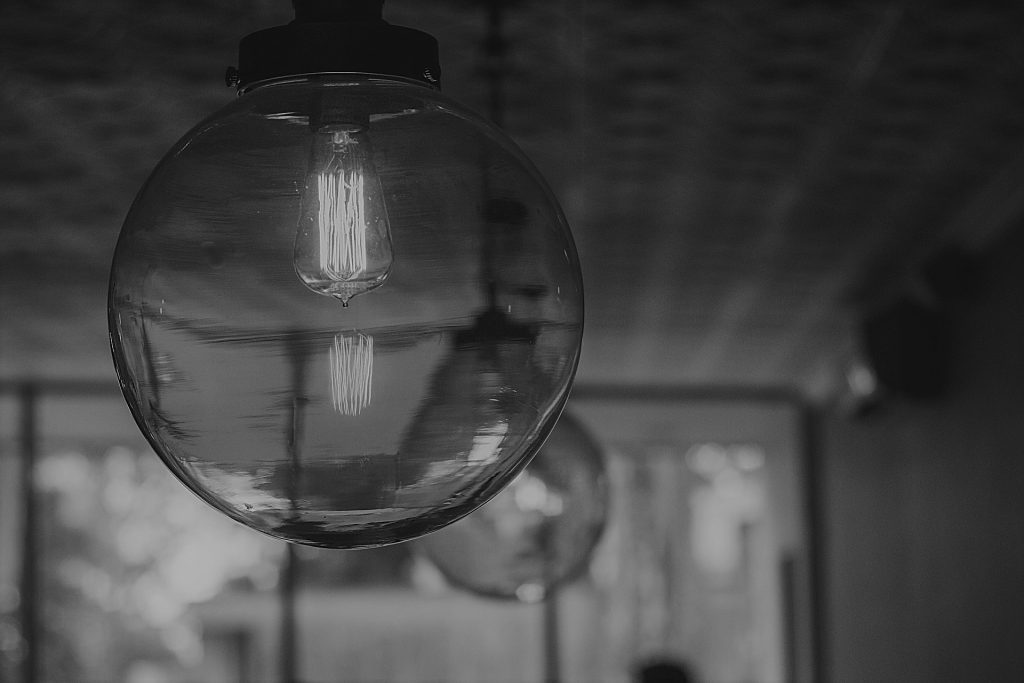
How to Prepare for A Good Night’s Sleep…In The Evening
Filter Blue Light
Everyone prepares for bed in their own way and if that is what relaxes you, then do it! Just make sure the blue light filter is on to stop your brain from staying awake. Studies have shown that blue light can prevent the brain from shutting off, making it harder to fall asleep.
Don’t Eat late
Make sure you eat a nutritious meal a few hours before you go to bed and give it time to settle. Eating too late can cause sleep disturbance as the body digests the food.
Relax
Try to do something you find relaxing in the evenings. Reading, connecting with others or taking some slow movement such as yoga will help you get into a good place for sleep. Although it can make you sleepy, you should ideally avoid alcohol as disrupts sleep.
Bedtime!
Finally, make sure you are going to bed at roughly the same time every night. Most of us spent our whole childhoods fighting against bedtimes, but it turns out our mother really did know best. A regular bedtime helps your body maintain its circadian rhythm.
How to Prepare for A Good Night’s Sleep…In Bed
So, you have made it to bed, you have followed all the tips above and you are still awake.
Maybe the room is to bright, your partner is snoring, or you just can’t switch off.
Check the environment
Are you warm enough? Are your feet cold? Is it too light or loud? Whatever is stopping you from drifting off, then it’s time to fix it ASAP.
Invest in an eye mask or some heavy curtains if there is light pollution. Buy some earplugs if there is an annoying noise you can’t control. Do what you need to do to remove thE barrier to sleep.
Quieten your mind
Meditation is amazing for mental wellbeing, and can also help you get to sleep. Simply bringing awareness to your breath and deepening your exhale will help you calm and soothe you. If you have the Wellspace app you will find sleep stories and guided meditations to support you further.
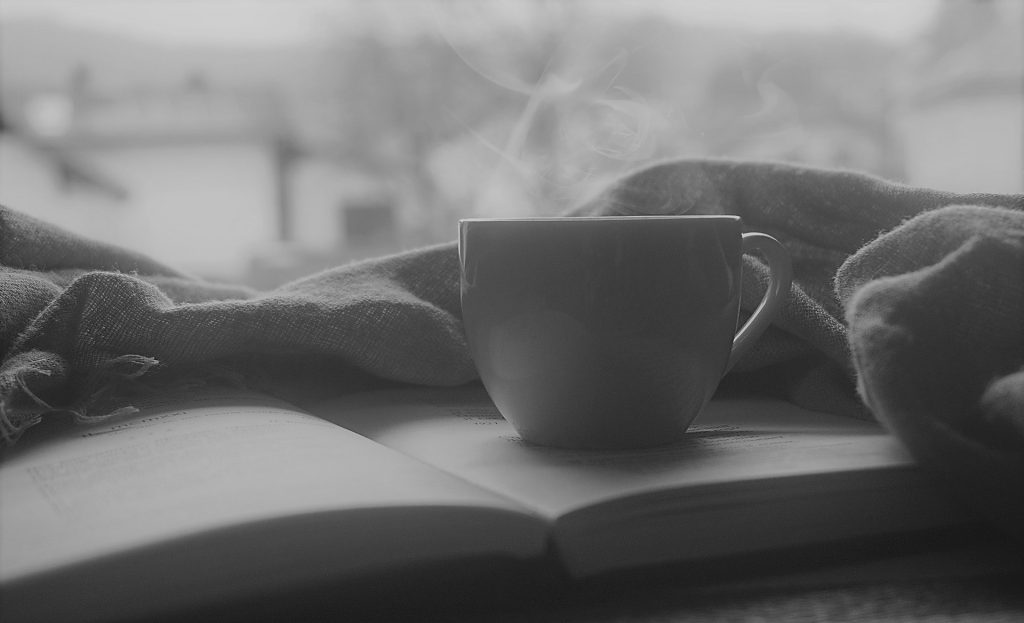
Relax your body
Try tensing every muscle in your body one at a time, starting with your feet and working up to your forehead. Do it a couple of times and then soften them all. Don’t forget to unclench your jaw. If you are a grinder it might stop you from doing it.
Imagine you are sinking into the bed or floating in a warm pool.
These techniques really work to help your body relax enough to allow you to nod off.
Don’t Worry
If you cannot get to sleep, worrying about it will likely only compound the problem. There is still benefit in resting and the more we worry, the more likely we are to set our threat system off, creating adrenaline and cortisol. Gentle acceptance for yourself that tonight may not be the best nights sleep, will help to calm your system.
Track Your Sleep
Keeping a track of your sleep on the Wellspace App will help you see what is working and what isn’t, so you can tailor your very own sleep programme.
Remember, if you need any help with your app, get in touch with us on info@yourwellspace.com.
Orginally Posted: 18th January 2019
Updated: 11th July 2023

